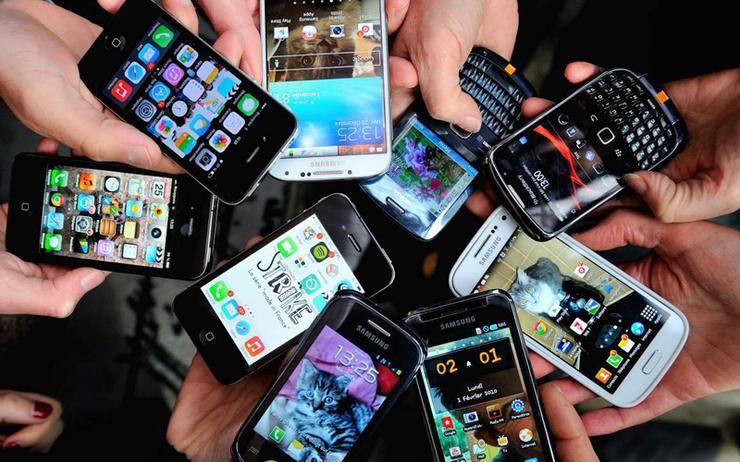 Credit: Dreamstime
Credit: Dreamstime
Global smartphone shipments have plunged in the first three months of 2020 due to the coronavirus pandemic.
The first quarter of the calendar year saw shipments decline by 13 per cent to 272 million units according to research firm Canalys.
The drop was so severe that the analyst firm claimed the pandemic had “wrecked havoc” on the smartphone market.
The nosedive marks a blow for the industry, which had experienced a marked decline in 2019, but was expected to see a bounce back with the onset of 5G devices.
Although smartphone shipments had shown signs of rising again, the top three smartphone vendors have now entered another downward shift.
Samsung was ranked first for shipments even as its shipments declined by 17 per cent annually to 60 million units. It was followed by Huawei in second place, which also experienced a decline of 17 per cent to 49 million units.
Apple fell from grace after previously being in the number one spot in Q4 2019, down to third with its shipments falling by 8 per cent to 37 million units.
The only two companies to record growth were Xiaomi and Vivo, which were ranked fourth and fifth, respectively. Xiaomi saw 9 per cent growth to 30 million units and Vivo saw 3 per cent growth to 24 million units.
According to Canalys senior analyst Ben Stanton, the market now looks bleak for smartphone vendors with poor business results, employee redundancies and furloughs "causing a great deal of anxiety and uncertainty".
“In February, when the coronavirus was centred on China, vendors were mainly concerned about how to build enough smartphones to meet global demand,” he said.
“But in March, the situation flipped on its head. Smartphone manufacturing has now recovered, but as half the world entered lockdown, sales plummeted."

Shengtao Jin, analyst at Canalys, confirmed that most smartphone vendors were unable to withstand the impact of the pandemic.
He credited Samsung’s hold on the market due to its manufacturing focus in Korea and Vietnam, but this hasn’t been able to last.
“Apple was one of the least affected vendors, owing to strong sales of the iPhone 11 in the early stages of the quarter,” he said.
“Its recent iPhone SE launch is strategically vital, as Apple needs to prop up iPhone shipments as its flagship customers await 5G devices.”
Meanwhile, the major drivers behind Huawei’s declines were twofold: the pandemic and the issues it faces with the US Entity List.
As a result of the Entity List, the launch of its first P series model without Google Mobile Services, the P40, saw its overseas shipments drop by 35 per cent.
“Channels are wary of exposing themselves to the risk of these untested products, so they are ranged in fewer channels than their predecessors, and initial channel orders are lower than Huawei would expect,” Jin said.
Canalys analyst Vincent Thielke went as far to say the impact of the pandemic on the smartphone market is “colossal”, especially for distributors and resellers.
“Omni-channel retailers in strict lockdown regions, such as Europe, are doing their best to shift offline store stock into online distribution channels, but this is costly, and their capacity, in terms of warehousing, haulage and delivery, is not geared up for a full switch to online,” he said.
“This also limits the brand-new devices they need to buy from vendors and distributors in the short term. In these regions, it is the ecommerce channels that will have a clear advantage in the coming weeks.”
Looking ahead to Q2, Stanton predicted the situation to get worse before it gets better.
“It [Q2] will test the mettle of the industry, and some companies, especially offline retailers, will fail without government support. As lockdowns around the world start to lift, the full economic damage will become visible,” he said.
“Smartphone companies must adapt their strategies to mitigate the impact, as cashflow will be critical in the coming months. But if they cut back too much on product spend, marketing spend and new strategic initiatives, they risk losing agility, and will lose ground to rivals once demand bounces back.
“It is vital to strike a balance.”




